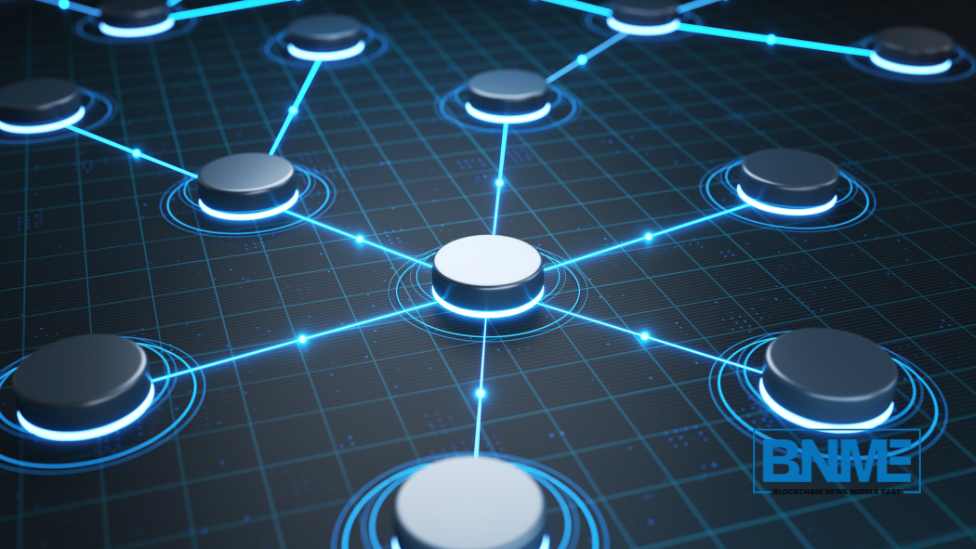The security and transparency of blockchain technology are well known, and it’s causing a stir in Qatar’s educational sector. Blockchain applications are showing to be quite useful as the country aspires to innovate and excellence in education. This article examines five significant ways that blockchain technology is changing Qatari education.
Securing Academic Credentials
Blockchain technology could help guarantee the authenticity and safety of academic credentials. Through the use of a tamper-resistant blockchain to store degrees, diplomas, and transcripts, educational institutions may give students digital credentials that are safe and simple to verify. This reduces the possibility of forged documents and makes it easier for employers and other organisations to verify credentials.
A prototype that employs a hybrid proof-of-authority blockchain network to safely store curriculum vitae data and thwart fraudulent degrees or document frauds was created, according to a paper released in 2023. The tool is called QR Block CV.
Effective Student Record Management
Blockchain simplifies the administration of student records, increasing productivity and lowering costs. A blockchain can be used to safely store all pertinent student data, including grades, extracurricular accomplishments, and attendance records. Employers and other authorised parties, such educational institutions, can easily obtain current and accurate information thanks to this decentralized system.
Ensuring Fair and Transparent Assessments
Blockchain contributes to the provision of fair and open evaluations in tests and assessments. Grading procedures can be automated with the use of smart contracts, which lowers the possibility of bias and guarantees uniform evaluation standards. Pupils may trust that their grades are accurate, and teachers can concentrate on giving insightful feedback instead of handling the details of assessments.The National Blockchain Blueprint for Qatar, published by the Communications Regulatory Authority (CRA) in association with Qatar University (QU) and Hamad Bin Khalifa University (HBKU), states that blockchain technology may present a number of advantages for the country’s corporate and governmental sectors, including education.
Using blockchain technology, examinations, tests, and other forms of assessment can be administered and evaluated in a transparent manner.
Encouraging Inter-Institutional Cooperation
In Qatar, blockchain technology enables smooth inter-institutional cooperation. Research results, collaborative initiatives, and educational materials may all be shared in a transparent and safe manner thanks to shared ledgers. This integrated strategy promotes innovation, knowledge sharing, and an overall improvement in the nation’s educational standards.
Encouraging lifetime Learning with Blockchain Credentials
By allowing the issuing of micro-credentials and badges for completing online modules, workshops, or short courses, blockchain introduces the idea of lifetime learning. These digital credentials are stored on the blockchain, giving people a safe and authentic means to present their accomplishments in lifelong learning to companies and academic institutions.
TAKEAWAY
In conclusion, blockchain technology is significantly enhancing the educational landscape in Qatar. From securing academic credentials to fostering collaboration and incentivizing continuous learning, the applications of blockchain are driving positive changes. As Qatar embraces the digital era in education, the benefits of blockchain continue to play a pivotal role in creating a transparent, efficient, and innovative learning environment for students and educators alike.




























